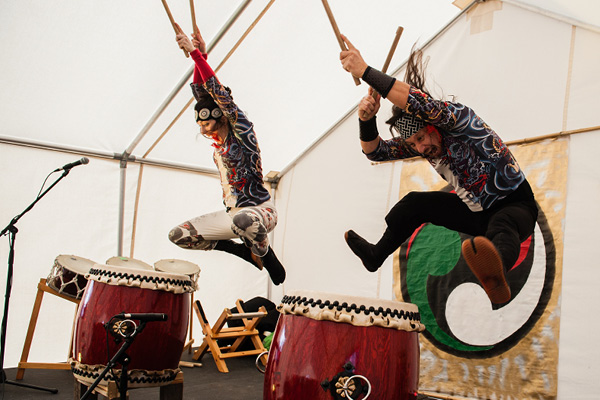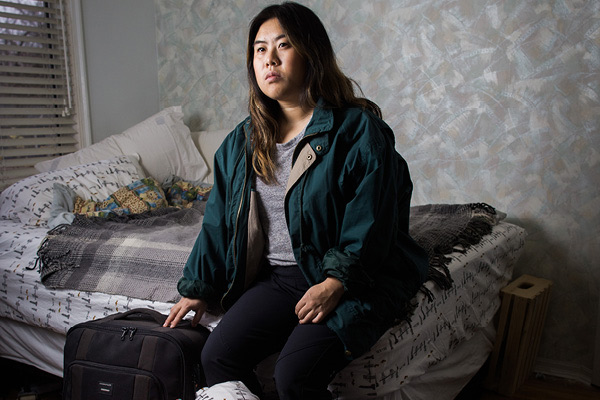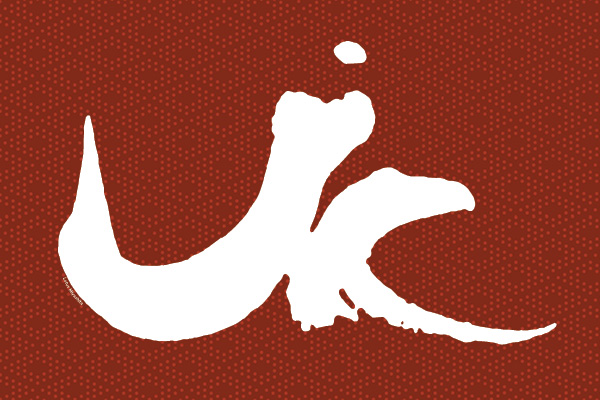My parents, Gordon and Esther Hirabayashi, were remarkable folks. My mother’s father, Floyd Schmoe, was a charismatic individual, a renaissance man who was a lifetime pacifist, author, sculptor, mountain guide and park naturalist on Mt. Rainier, marine biologist, and forest ecologist. He built houses for refugees in France for 14 months during World War I. He built houses in Hiroshima for four years after World War II and was later made an honorary citizen of the city. He built houses for three years in Korea after the Korean War. He was nominated three time for the Nobel Peace Prize. At the outbreak of World War II he was involved in helping Japanese Americans deal with the relocation orders to concentration camps. My father was a student at the University of Washington at the time and, drawn by the charisma of my grandfather, became a member of the Religious Society of Friends (Quakers). My father’s resistance to the curfew and relocation orders and his subsequent court battles all the way to the United States Supreme Court are well-documented and required reading in law history classes in the United States as one of the few cases where the U.S. Constitution failed to protect its citizens. I think, perhaps, that my mother saw a bit of her father in my father. She married him at the age of twenty—he was twenty-four—while he was out on bail awaiting his next trial date. My twin sisters, Sharon and Marion, were born while he was serving a one year prison sentence in McNeil Island Federal Penitentiary for refusing to fill out a draft questionnaire that was specific to Japanese Americans. I was born a year and a half later. After serving almost two years in prison, my father returned to his university studies, got his Ph. D. in sociology and in 1951, got his first university professorship at the American University in Beirut, Lebanon. We lived there for three and a half years, returned to Seattle for a few months, and then left for Cairo, Egypt for four years where my father taught at the American University at Cairo. In 1959, we moved to Edmonton where my father became the Chair of the Department of Sociology in 1963. My mother taught at Bonny Doon High School and later became a guidance counsellor at Alberta College. I left home at seventeen so I’m not sure what happened to my parent’s relationship. I think the pressures of being Department Head likely contributed, and perhaps, my mother just married too young. My father resigned as Department Chair in 1970 around the time of their divorce.
I remember my father as a patient, quiet, hard-working man who loved following sports. He was a pacifist, like my grandfather, so punishments for my not infrequent transgressions were met not with physical punishment, but with long, and I mean long—three to four hour—lectures. I would start off being sullen and angry and end up being totally ashamed and grateful by the end, that the lecture was over. My mother was an attractive, outgoing, social, and intellectually sharp person right up to the end of her life. Growing up, it seemed that we always had guests that my mother would invite for dinner. Sometimes they would be sailors from the U.S. Navy or circus performers that she had somehow met. My mother loved to dance so it is likely because of her that I later became a dancer. My father always expected that I would be a university professor. All three of his brothers taught at universities. He was initially disappointed in me when I quit university after one year, but later supported my next quest to become a downhill ski racer. My first wife Alix and I lived with him from 1971 to 1973 when I went back to university. She remembers his natural skill of talking to people and his genuine interest in listening to them. She also remembers his long answers to questions that covered every possible explanation to the point where you sometimes would forget the original question except that he never did and he would always tie everything up at the end.
Although my parents were divorced for over forty years and rarely crossed each other’s paths, they both chose to leave us on the same day. My mother died in hospital ten hours after my father died at his care home for Alzheimer’s patients just one block away. Although I am now almost sixty-five, I feels as though I have been orphaned. We take our parents for granted until they are gone and then we realize how rich our lives are because of their care and love for us. I will miss them for the rest of my life.
Jay Hirabayashi
HIRABAYASHI Gordon Kiyoshi Professor Emeritus, Department of Sociology, University of Alberta. April 23, 1918 – January 2, 2012. He will be sadly missed by his wife, Susan Carnahan; daughters: Sharon (Gerry Yuen), Marion (Doug Oldenberg); and son, Jay (Barbara Bourget); Susan’s daughters: Lesley (Greg Bondar), Allison Secord, Heather Secord (Sue Jodoin); grandchildren: Steven, Tiarra, Shelley, Alisha, Jennifer, Bodhi, Daniel, Kai, Joseph, Drew, Gareth, Elyse, Andreas and Shea; great- grandchildren: Hannah, James, Bronwyn, Soren, Kobi, Louis, Matthias, Amelia and Kinley; as well as his brother, Jim and sister, Esther Furugori. Many thanks to the staff of Second Lynnwood for their compassionate, ongoing care. Cremation has taken place. A Memorial Meeting for Worship in the manner of Friends (Quakers) took place on Friday, January 6, 2012 at the Argyll Community League/Edmonton Japanese Canadian Association building, 6750 – 88 Street, Edmonton. In lieu of flowers, donations may be made to Capital Care Lynnwood Renovation Fund; The Gordon Hirabayashi Scholarship Fund, Department of Sociology, University of Alberta; The Gordon Hirabayashi Endowment Fund, University of Washington, Seattle. To send condolences: www.fostermcgarvey.com
The Bulletin, A Journal of Japanese Canadian Community, History & Culture, is a Japanese Canadian community publication in print continuously since 1958. Published by the Japanese Canadian Citizen’s Association, The Bulletin is available free of charge to members. It is also available online at jccabulletin-geppo.ca





Jay,
Your father was interned at Tule Lake during the same period as my uncle Chester Murakami. During my uncles incarceration he painted a picture of Tule Lake Mountain on the back of a sign that said no passage unless you receive permission from the interior guard. He took his painting and had people sign their name, and city they were incarcerated from. Many signatures are from Tacoma, Auburn, Kent and Seattle. My uncle was from Watsonville, California.
Glen Hamada
glen.hamada@gmail.com